Genesis Energy is working with Christchurch based company Evnex to trial new electric vehicle smart charging technology that removes pain points in the adoption of electric vehicles.


Genesis Energy is working with Christchurch based company Evnex to trial new electric vehicle smart charging technology that removes pain points in the adoption of electric vehicles.

Bank of New Zealand (BNZ) has today signed up to the Net-Zero Banking Alliance (NZBA), committing it to work with customers to increase sustainability and reduce emissions that align to net-zero emissions by 2050.
In becoming the first New Zealand bank to commit to membership of the Net Zero Banking Alliance, an industry-led, UN-convened alliance of banks worldwide, BNZ will accelerate a reduction in operational and attributable Greenhouse Gas (GHG) emissions across its lending and investment portfolios. It will do this by incentivising emissions reduction and working with customers on transition plans that align their businesses to net zero pathways.
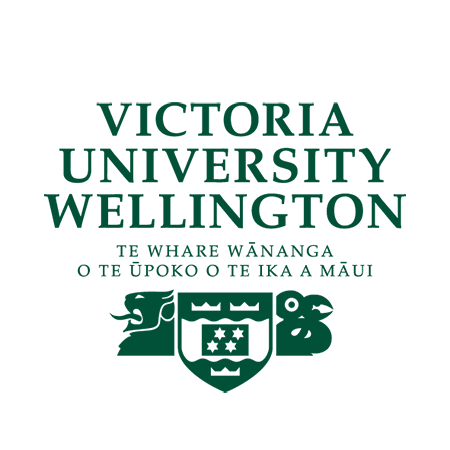
The transport sector accounts for 47 percent of New Zealand’s carbon dioxide emissions. It will be a focus for decarbonisation to meet the country’s new climate pledge to cut emissions by half by 2030.

Lower-emissions alternatives “unlikely to become available and affordable” under the new clean car scheme’s timeframe.
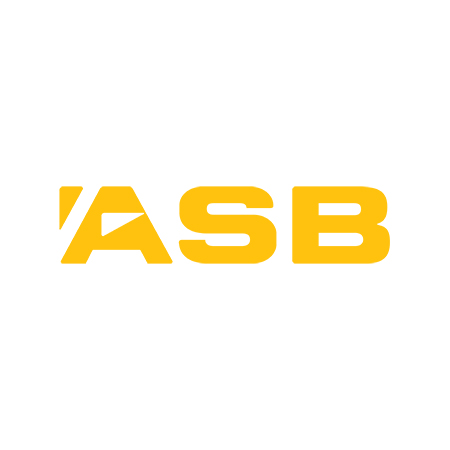
Hawke’s Bay Airport has taken an important step in its goal to become New Zealand’s most sustainable airport, this week securing tens of millions in sustainability linked funding from ASB.
The regional airport’s $23 million sustainability linked loan uses ASB funds allocated under the Reserve Bank’s Funding for Lending (FLP) programme which the bank has committed to using to support projects that meet sustainability or regional infrastructure criteria.
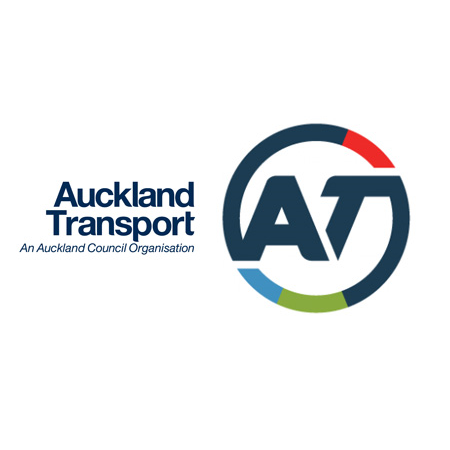
Auckland Transport’s zero-emission bus fleet will be showcased in a virtual exhibition at the United Nations Climate Change Conference (COP 26) in Glasgow this month.
The COP 26 summit improves the global efforts of countries all over the world to play their part in limiting global warming to 1.5 degrees.
Auckland Transport’s (AT) transition to zero-emission buses has been recognised in a C40 cities exhibition at COP 26, along with a number of wider Auckland Council initiatives to reduce carbon emissions.

Dryland Carbon was established to match its investor partners’ (including AirNZ, Contact Energy, Genesis Energy and Z Energy) need to source carbon offsets with farmers’ potential ability to provide them.
In order to achieve that, general manager Colin Jacobs says rather than buying land, Dryland Carbon works in partnership with existing landowners. Having identified suitable non-productive or ‘least’ productive land on a property, they undertake all the planting and deliver the landowner an annual cash payment akin to a lease for 16 years – aligned with the ETS determination of a forests’ average age. The landowner will then get a 50% share of the timber harvest and the land will be replanted with a new forest. In return, Dryland Carbon gets the carbon credits from the plantation.
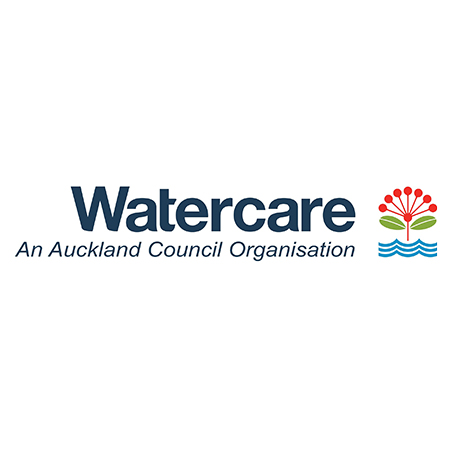
We have joined the UN’s Race to Zero campaign, adding our voice to a global call for industry to achieve net zero carbon emissions by 2050 to minimise global warming.
We have signed up to the global alliance along with 13 Australian water utilities supported by the Water Services Association of Australia (WSAA) and those represented by Water UK, who have also pledged to reach net zero emissions by 2050 or earlier.
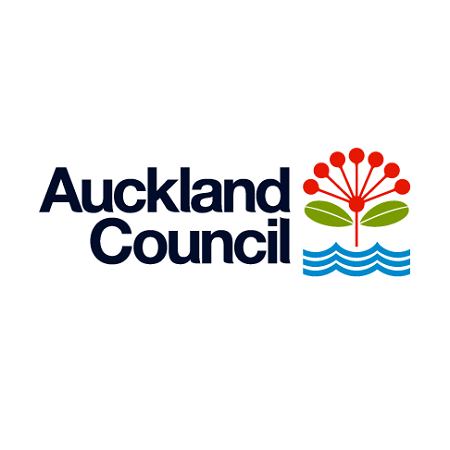
Global leaders are meeting in Glasgow to commit their countries to deliver on the goal of limiting global warming to 1.5 degrees.
Auckland Mayor Phil Goff says, “Auckland Council understands the need for urgent action on climate, having declared a climate emergency in 2019. We have taken our commitments seriously and have developed a blueprint for halving emissions by 2030, supported by an additional $152 million of new climate investment in our recent 10-year Budget which lays the groundwork for further action.

With delegations from around the world descending on Glasgow for the negotiations and events making up COP26, attendees from New Zealand include representatives from both the Sustainable Business Council and the Climate Leaders Coalition.
We talked to some of those who will be taking part on the ground in Glasgow to find out why they are going, and what they are hoping to achieve. This week we hear from David Benattar, Chief Sustainability Officer for The Warehouse Group.
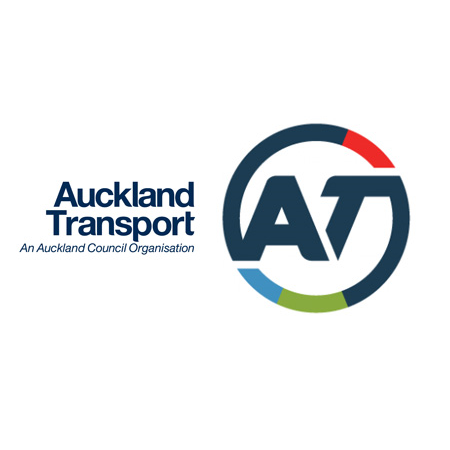
The AT Local EV car and van service offers a quick and reliable way to travel around the suburbs, as well as providing easy connections to other public transport.
“AT Local vehicles are fully electric and if the trial of this service is successful it will enable more people to leave their cars at home, helping to reduce carbon emissions and traffic congestion on our roads,” Auckland mayor Phil Goff says.
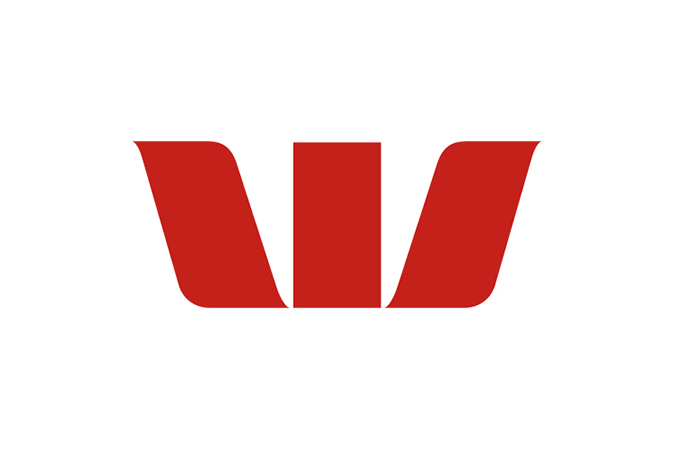
Westpac NZ and Pāmu have signed New Zealand’s most comprehensive Sustainability-Linked Loan to date, also the largest in the agricultural sector, and the first involving a state-owned enterprise.